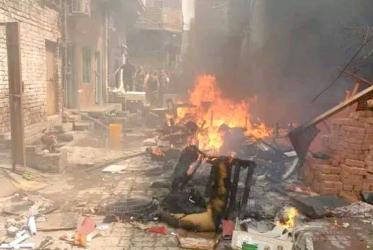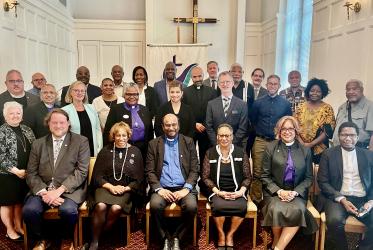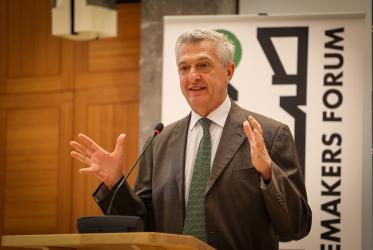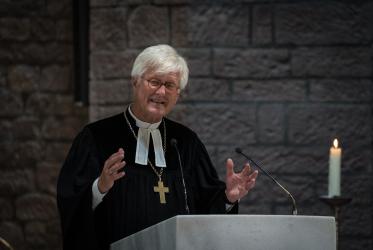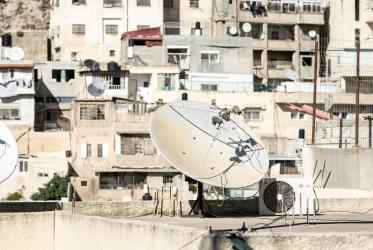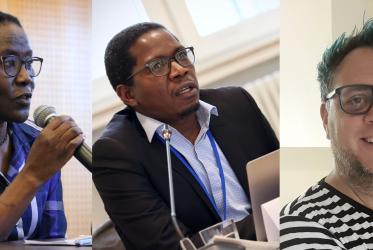Displaying 1 - 20 of 103
ACT Alliance general secretary: “equity is not negotiable”
26 September 2023
African churches launch human rights award
14 April 2023
WCC offers input to the UN New Agenda for Peace
13 April 2023
Strengthening Christian Perspectives on Human Dignity and Human Rights
Perspectives from an International Consultative Process
19 August 2022



